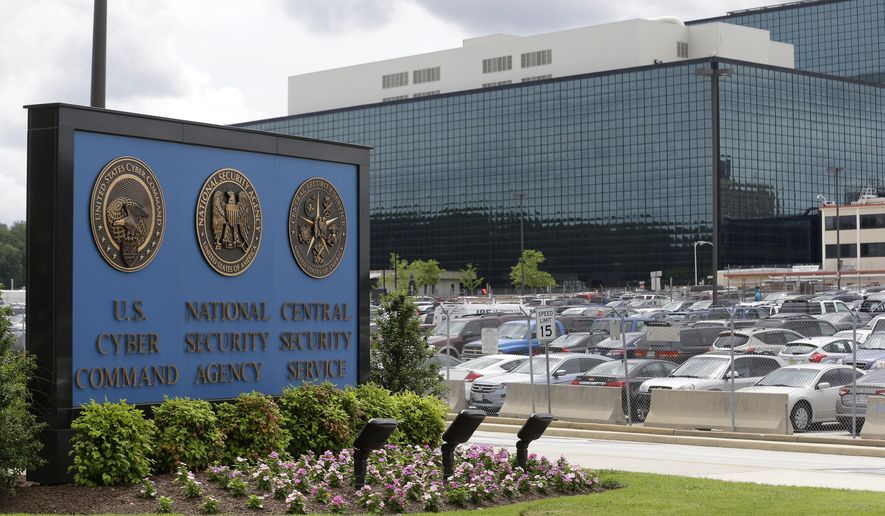A federal appeals court Thursday rejected a request to halt the government’s collection of Americans’ phone records as the current phone-snooping program enters its final weeks.
The 2nd U.S. Circuit Court of Appeals in New York declined to grant a temporary injunction sought by the American Civil Liberties Union that would have halted the program ahead of its Nov. 29 end date.
Congress this summer approved legislation to dramatically scale back the National Security Agency-run program, but approved a temporary continuation of the program to give officials time to transition to a new surveillance system.
The ACLU had sought to block the government from collecting call records in the interim and from searching through the data already collected and stored by the agency.
But a three-judge panel concluded that an abrupt end to the program ahead of the planned Nov. 29 transition date “would be contrary to the public interest in effective surveillance of terrorist threats.”
“The 180-day transition period represents Congress’s considered judgment that there should be time for an orderly transition from the existing program to the new, targeted surveillance program,” Circuit Judge Gerard Lynch wrote in a 25-page opinion issued by the panel. “That orderly transition requires that the government retain the tools it has been using to investigate threats of foreign terrorism until new tools may be put in place.”
SEE ALSO: Anti-abortion March for Life faces Obama appeal on birth control mandate
The program has allowed the government to obtain orders from the secret Foreign Intelligence Surveillance Court that directed phone companies to turn over telephone “metadata” — the incoming and outgoing phone numbers dialed, and the times and duration of calls. The data did not include the content of messages or the conversations themselves.
Launched after the Sept. 11, 2001, terrorist attacks, the program was first detailed in leaks by former government contractor Edward Snowden in 2013.
Activists fighting the program had watched the 2nd Circuit, hopeful it might shut the NSA program down after the court issued a ruling in May that declared the program violated Americans’ privacy and went beyond the scope of what Congress had initially authorized with the passage of the USA Patriot Act. But ultimately, the court also expressed concern over weighing in on the constitutional issues raised by the program when it would remain in effect for such a short period of time.
“To do so would take more time than the brief transition period remaining for the telephone metadata program, at which point, any ruling on the constitutionality of the demised program would be fruitless,” Judge Lynch wrote.
Another challenge to the temporary continuance of the program is still pending in U.S. District Court for the District of Columbia.
U.S. District Judge Richard Leon heard arguments Oct. 8 against the program in a challenge brought by conservative activist lawyer Larry Klayman, but he has yet to rule on the matter.
SEE ALSO: Guantanamo detainee released by U.S.
Government attorneys were quick to point out the 2nd Circuit opinion, adding it to the record Thursday in Mr. Klayman’s case in an effort to persuade a similar ruling.
“The Second Circuit held that it ’ought not meddle with Congress’s considered decision,’” government attorneys wrote in the filing in Mr. Klayman’s case.
The 2nd Circuit ruling left open the potential for the ACLU to revive claims regarding the retention of phone records collected through the program after Nov. 29.
“It will now be up to the district court to address to what extent the government must purge the call records it collected unlawfully,” said ACLU attorney Alex Abdo.
Mr. Abdo added that while he disagreed with the court’s decision, “all Americans should celebrate” the fact that the surveillance program soon will end.
• Andrea Noble can be reached at anoble@washingtontimes.com.




Please read our comment policy before commenting.